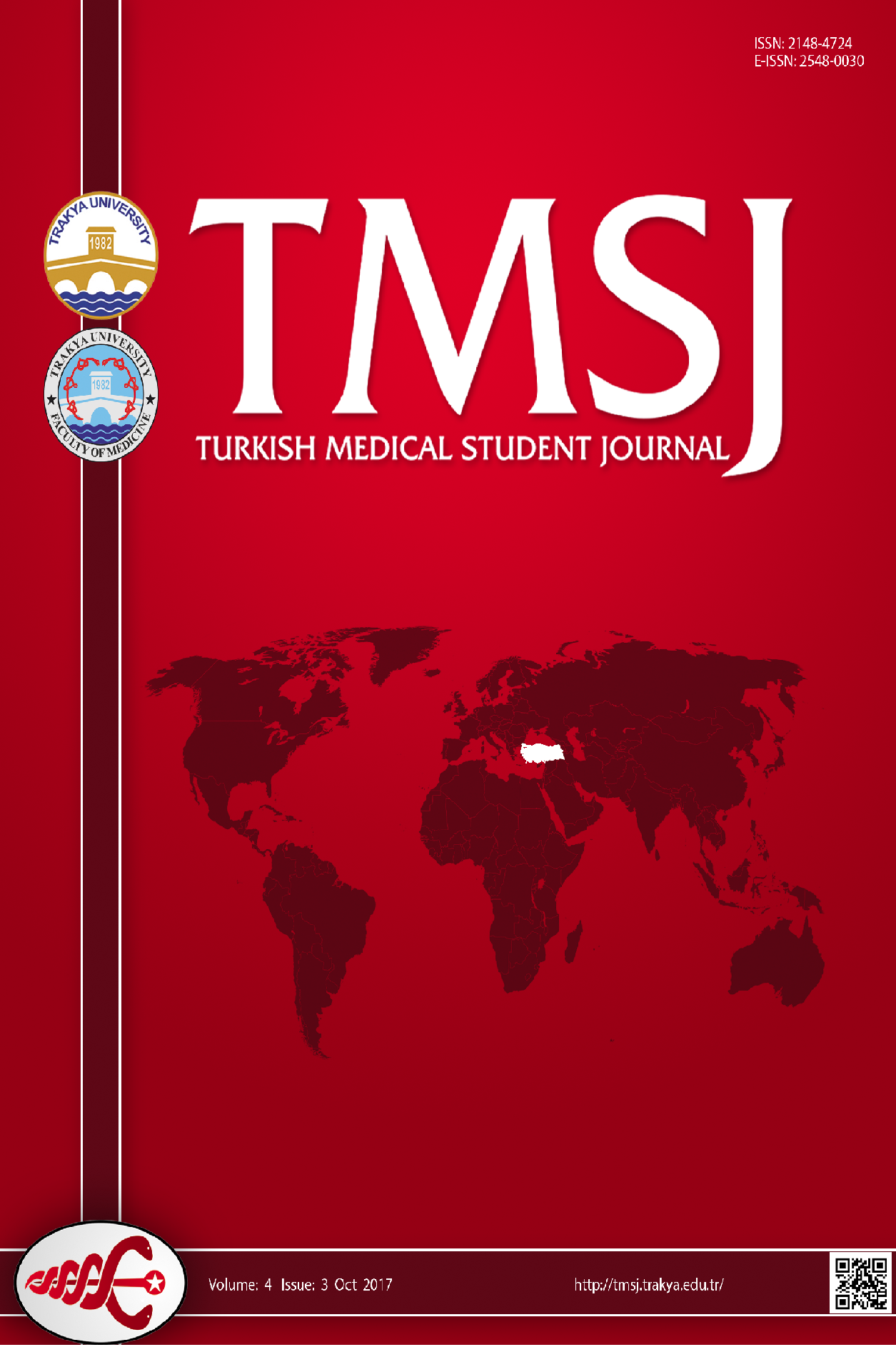
Turkish Medical Student Journal
Yazarlar: Varahabhatla VAMSİ, Vinisha TEKWANİ, Pavliuchenko Myhaelo IVANOVİCH
Konular:-
Anahtar Kelimeler:Postpartum period,Endometritis,Sepsis,Peritonitis,Multiple organ failure
Özet: Aims: To perform a comparative analysis of individual clinical and laboratory indicators in the differential diagnosis of conditionally limited and generalized forms of postpartum septic complications. Methods: The study included 34 patients at Gynecology Department of the Zaporizhzhia Regional Clinical Hospital from 2013 to 2016 with postpartum purulent-septic diseases. Patients were divided into 2 groups. Group I consisted of 15 women who were diagnosed with a conditionally limited postpartum purulent-inflammatory disease (endometritis). Group II included 19 women with generalized forms of postpartum purulent-inflammatory diseases (peritonitis, sepsis). For the diagnosis of Multiple Organ Failure due to sepsis, we used the Sequential (Sepsis-Related) Organ Failure Assessment and quick Sequential (Sepsis-Related) Organ Failure Assessment. The differences between the first and second group were assessed by using the Mann-Whitney U test and STATISTICA Version 10. Results: Body temperature was increased in all 34 patients. The average heart rate in group I was 91.6 ± 8.35 beats/ min and 102.26 ± 16.42 beats/min in group II. The average respiratory rate was 19.07 ± 2.49 breaths/min in group I and 24.16 ± 5.09 breaths/min in group II. In group I, none of the patients scored a total of two or more points on the Sequential (Sepsis-Related) Organ Failure Assessment and quick Sequential (Sepsis-Related) Organ Failure Assessment scales; in group II, there were 5 (26.32%) patients who had scored two points or more on the Sequential (Sepsis-Related) Organ Failure Assessment scale; and 2 (10.53%) patients had scored 2 points or more in the quick Sequential (Sepsis-Related) Organ Failure Assessment scale. Conclusion: Clinical cases of postpartum period with inflammation of uterus and signs of multiple organ failure should be; regarded as a septic state, assessed by the Sequential (Sepsis-Related) Organ Failure Assessment scale as they require urgent medical help.